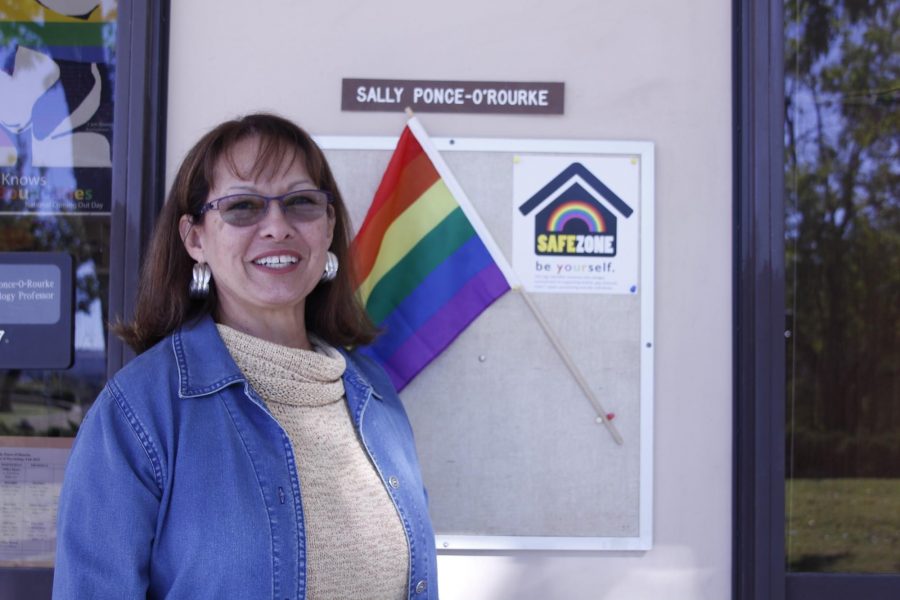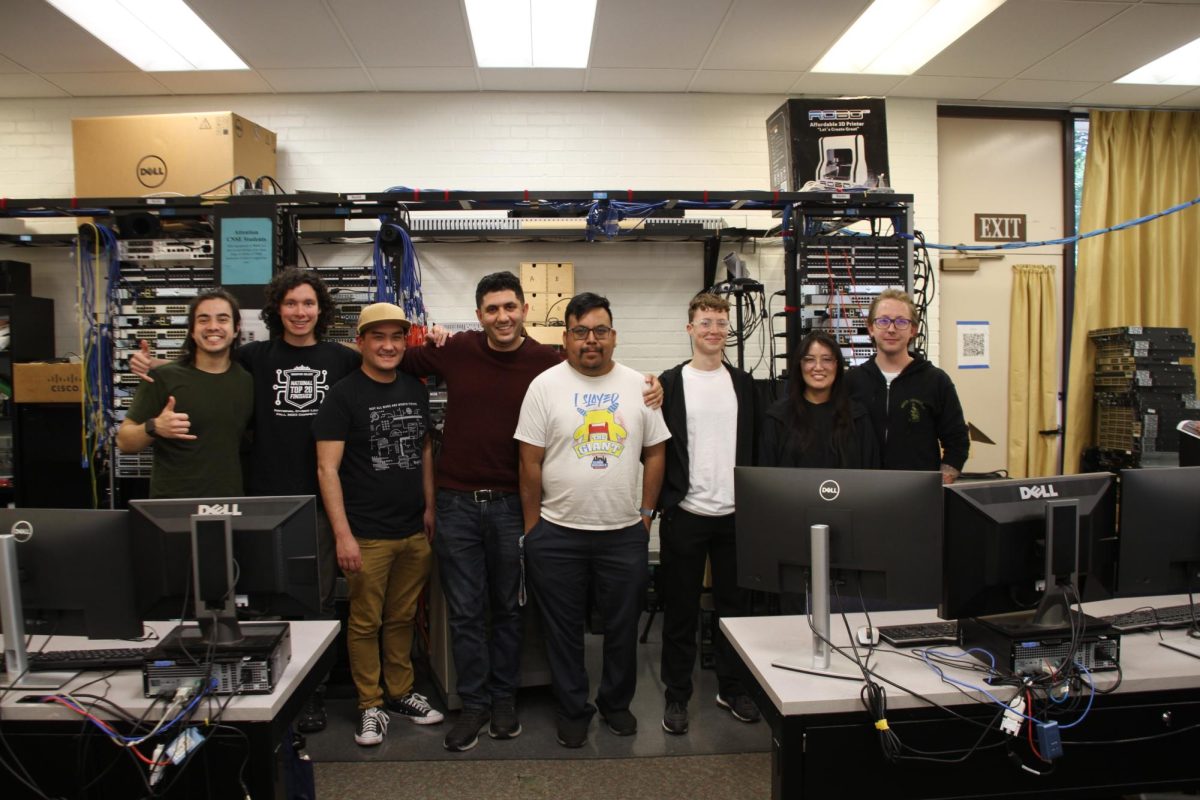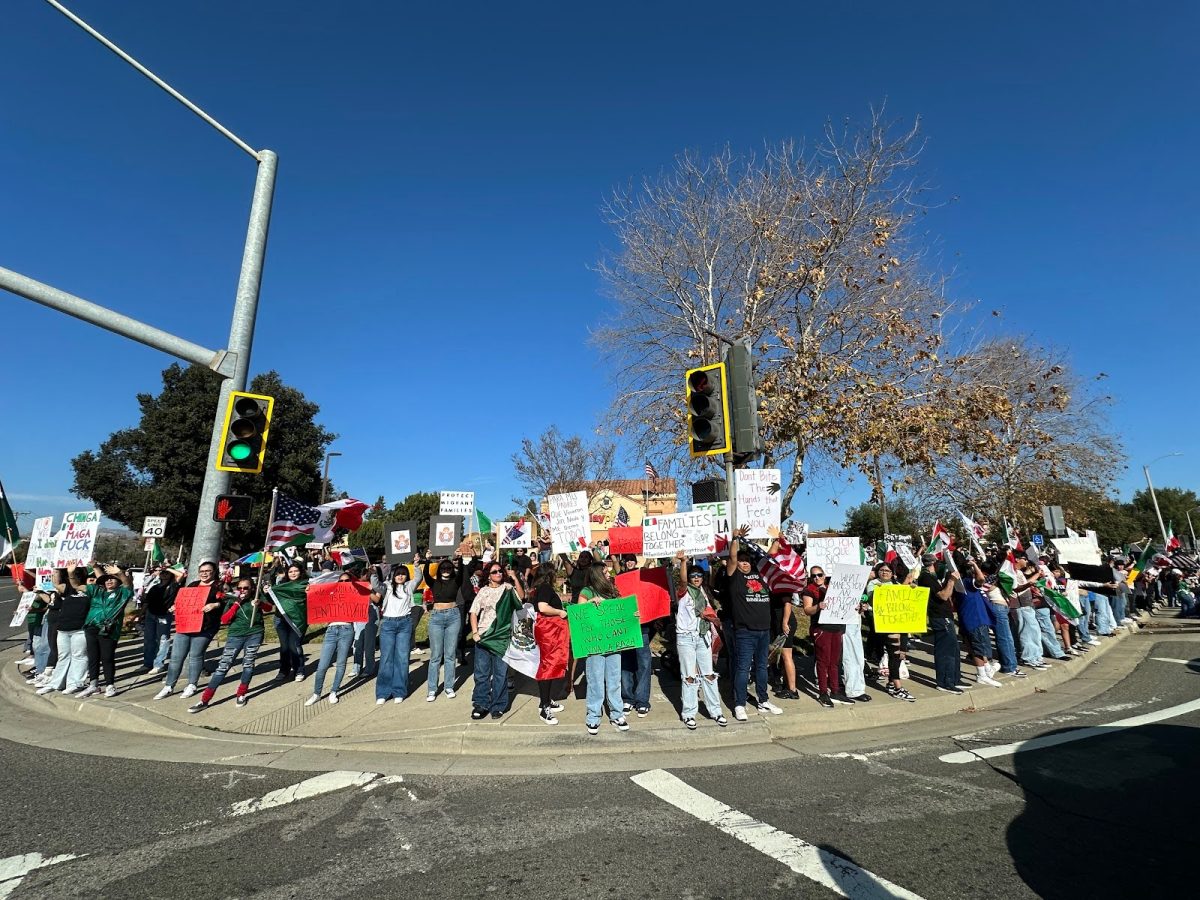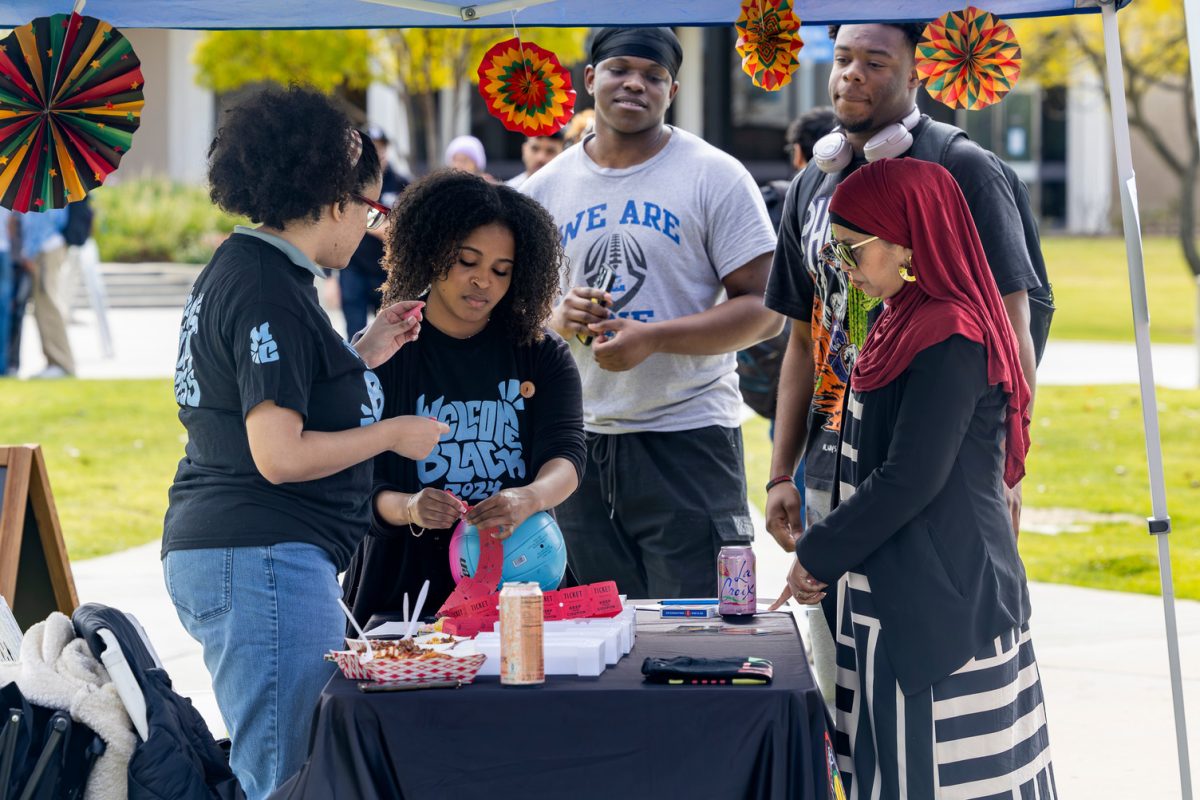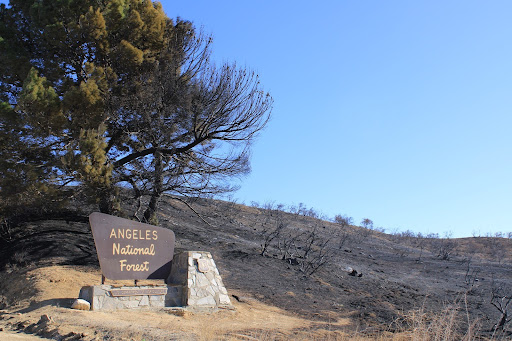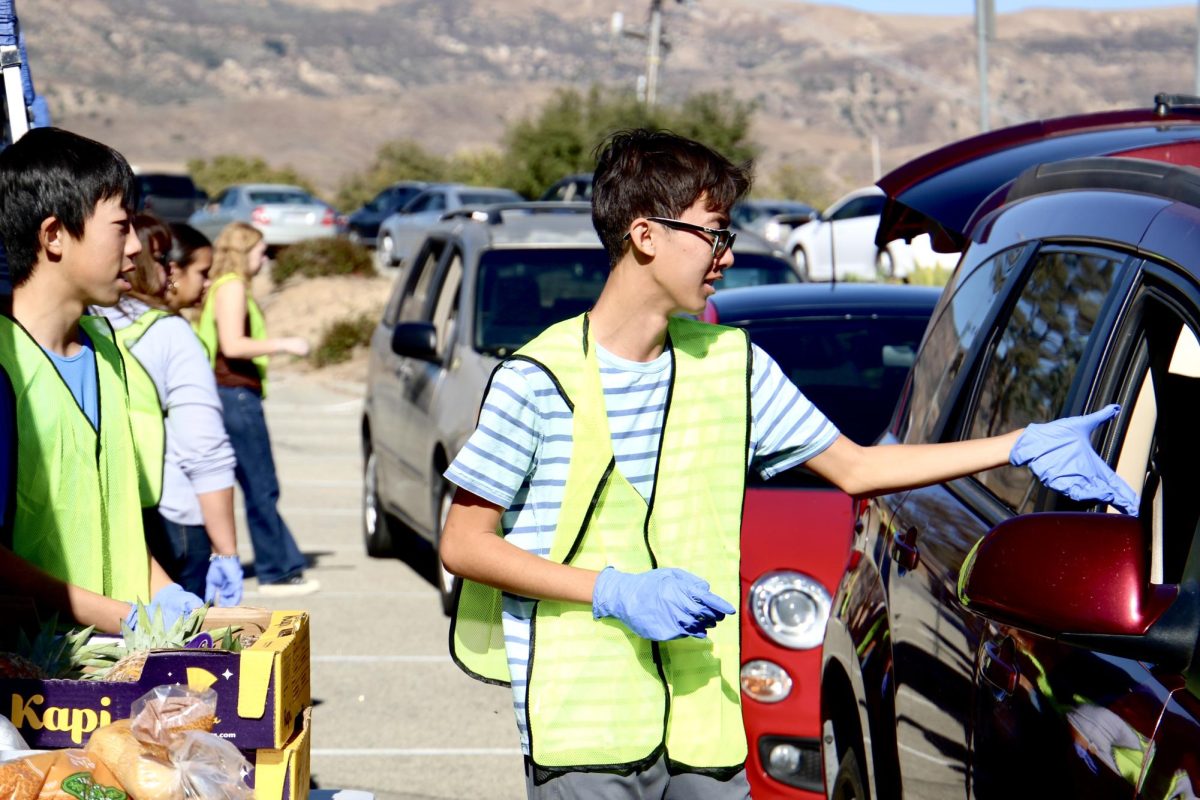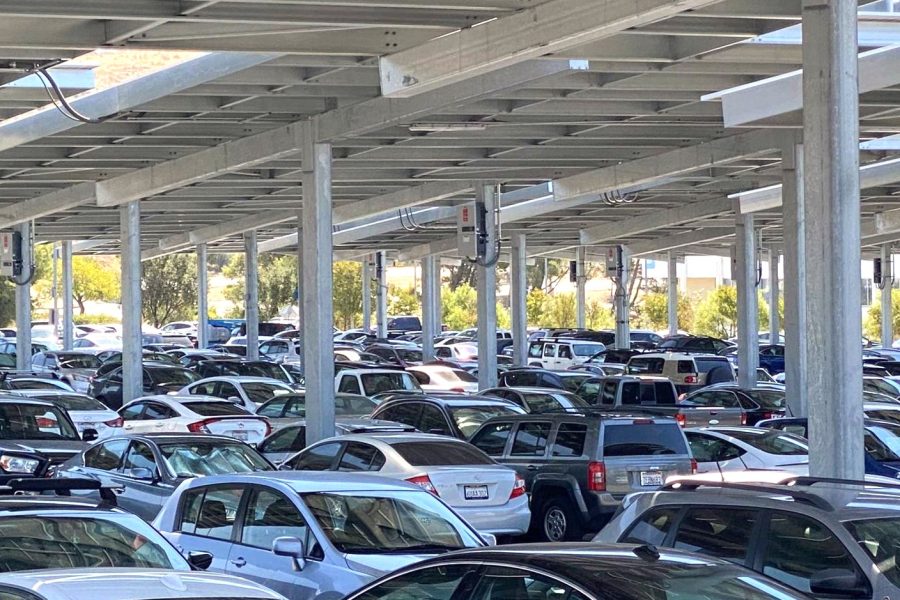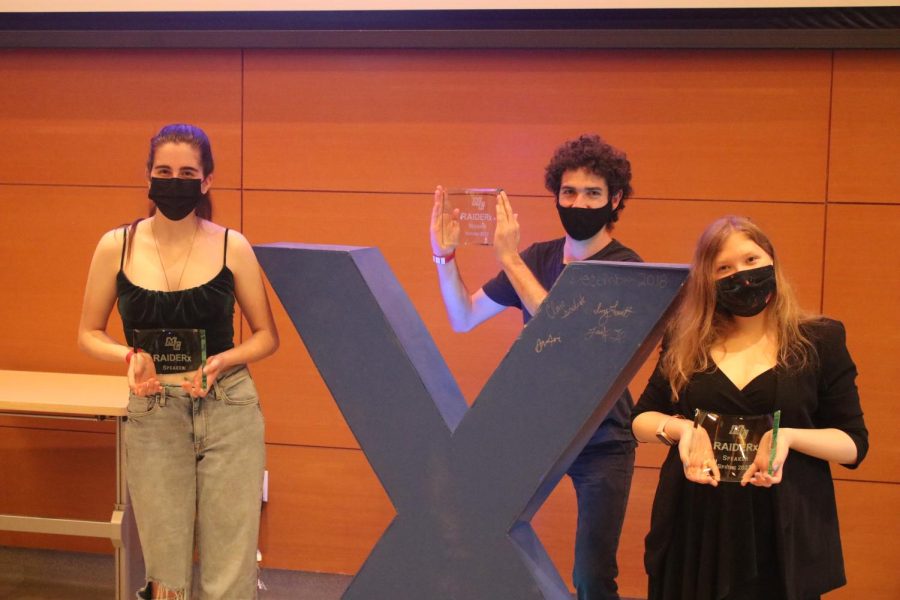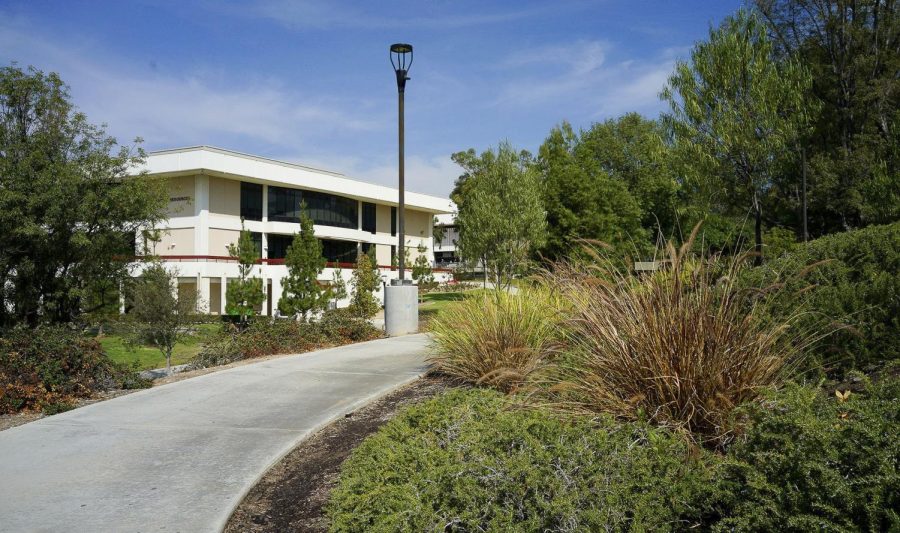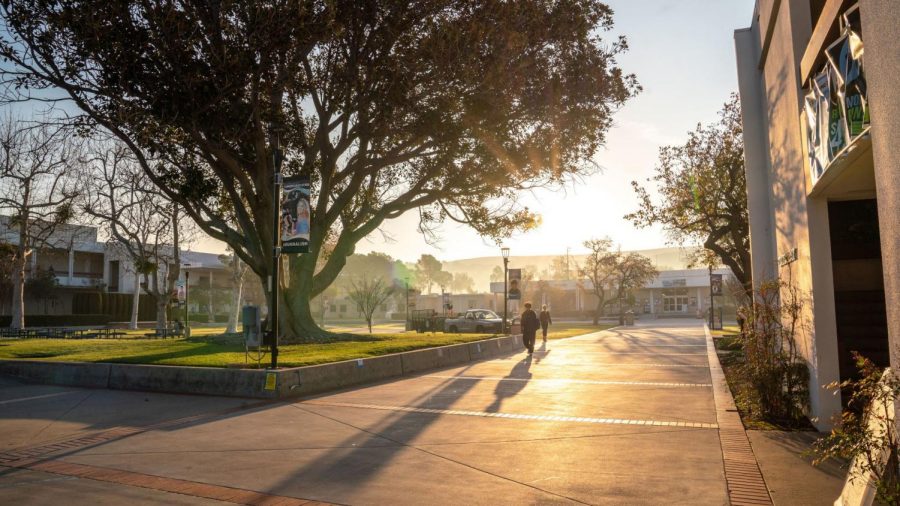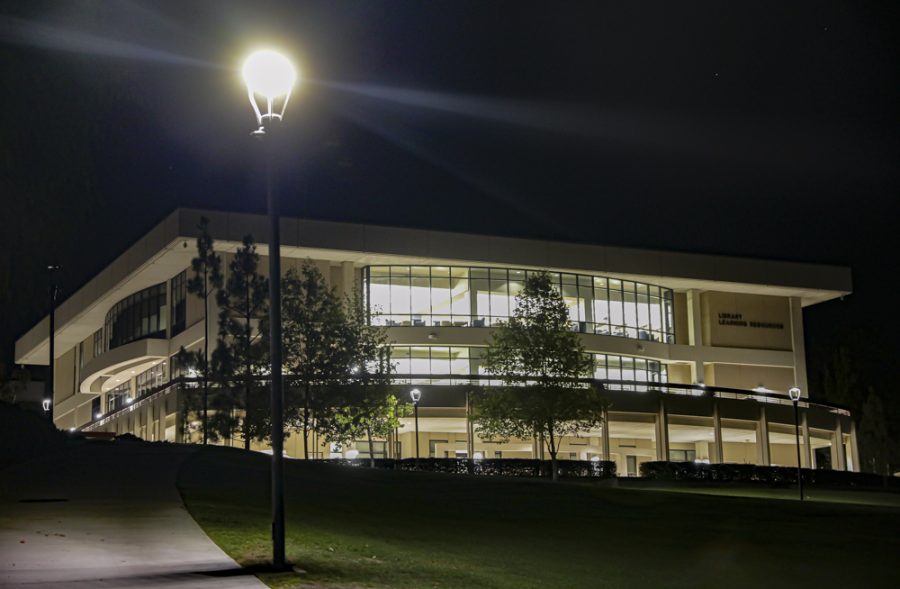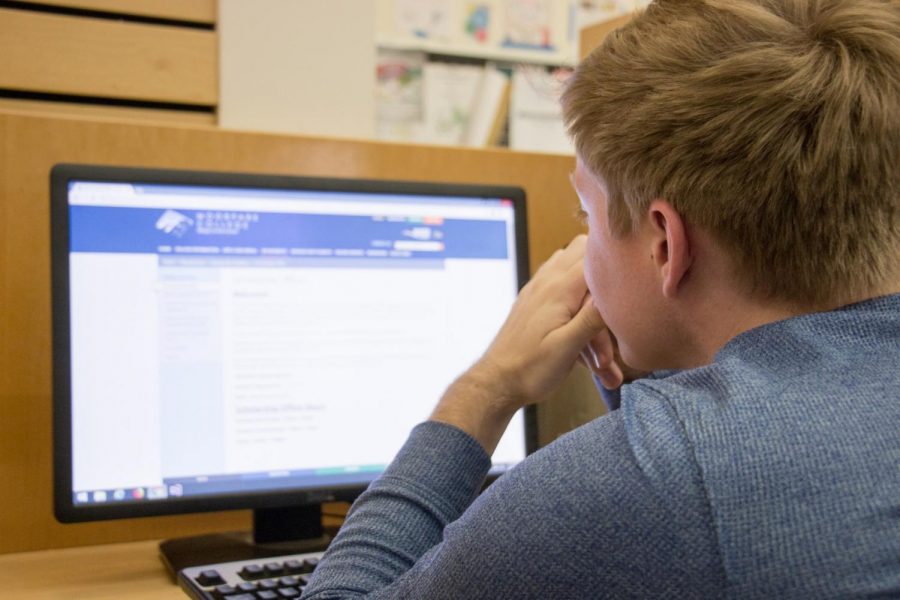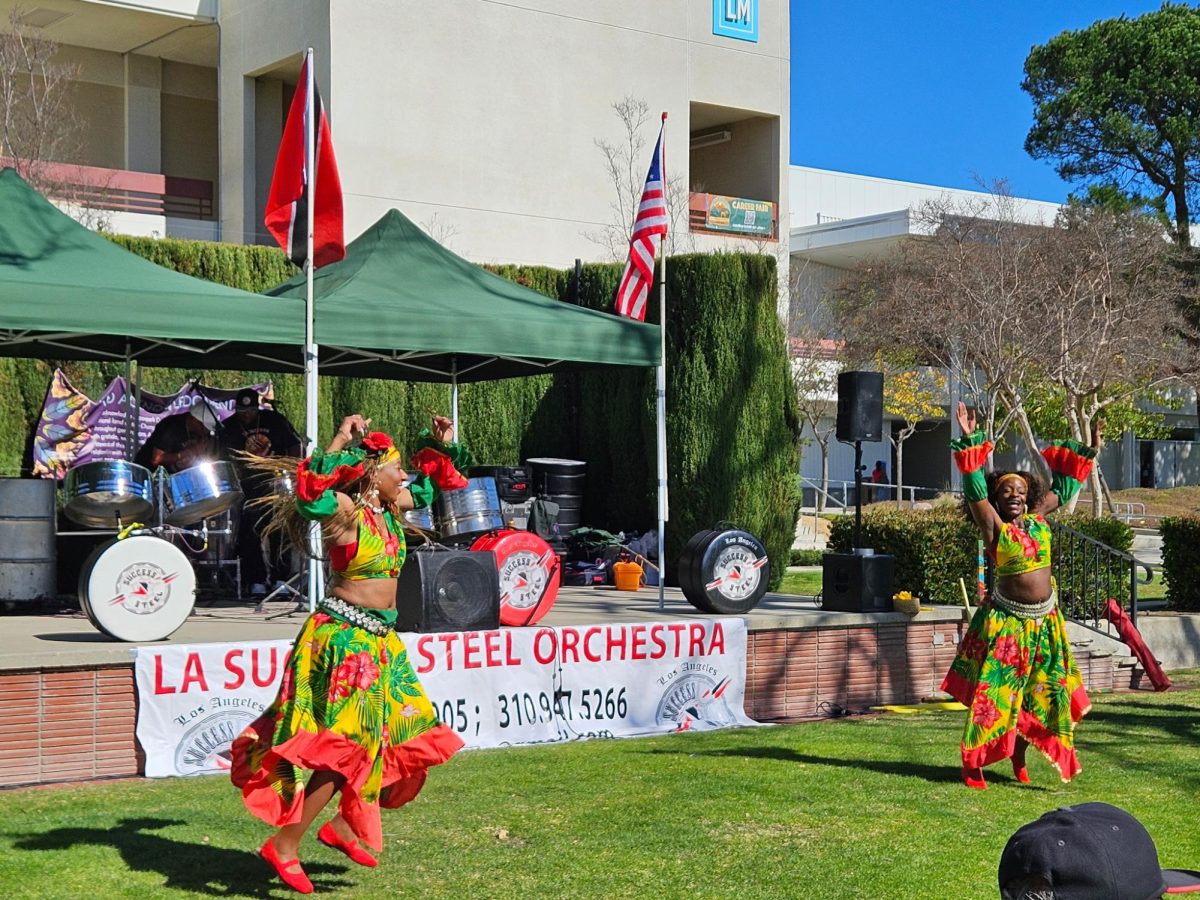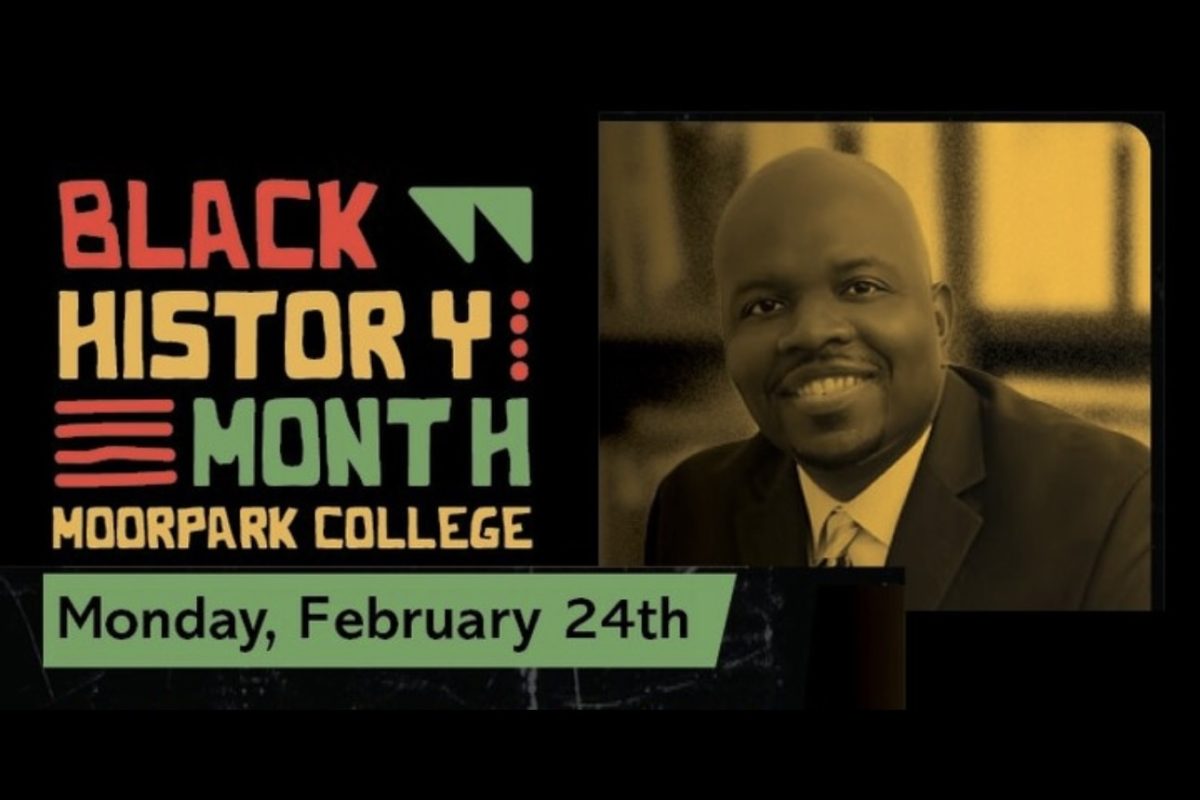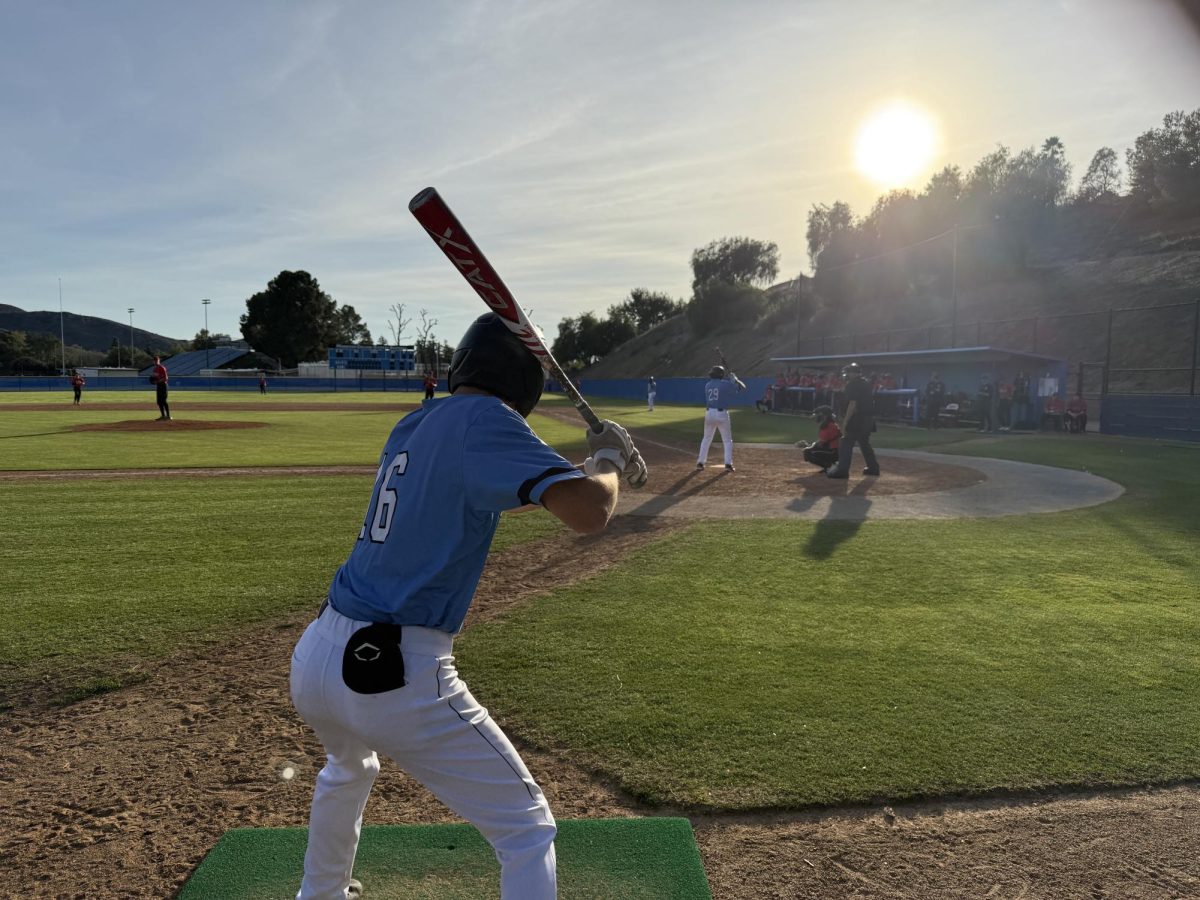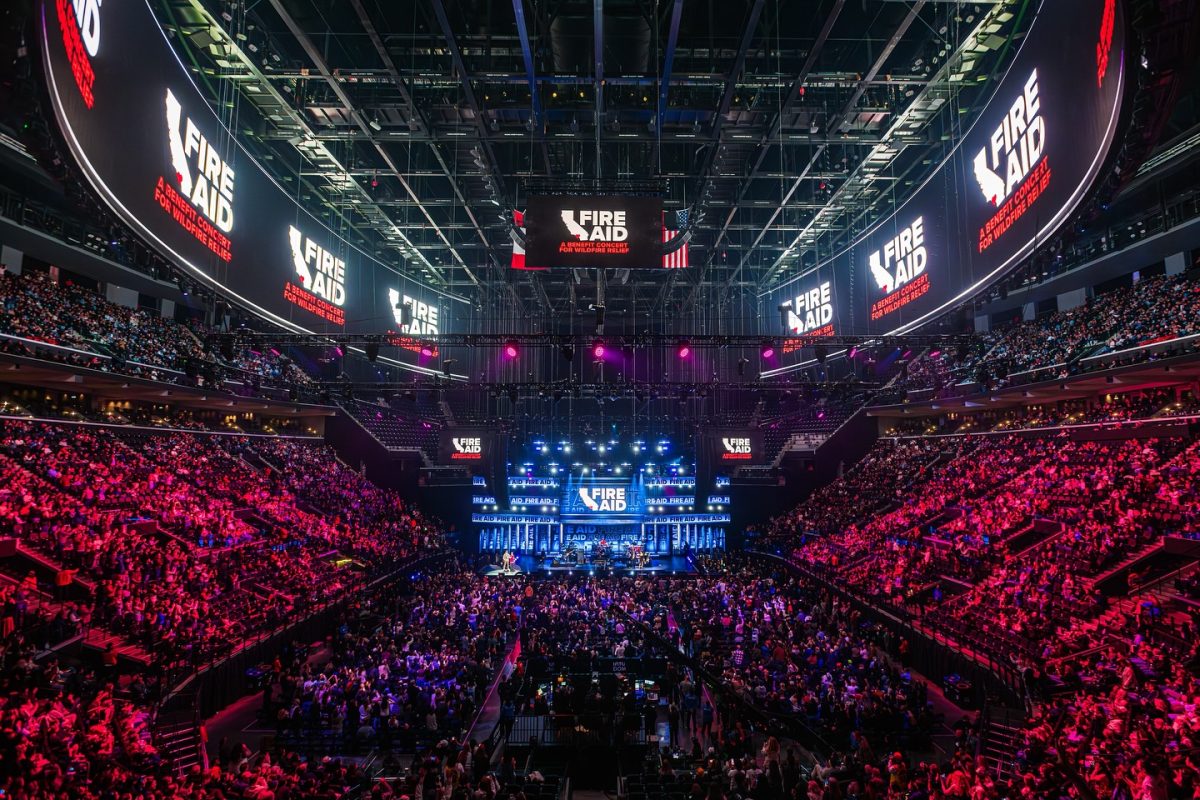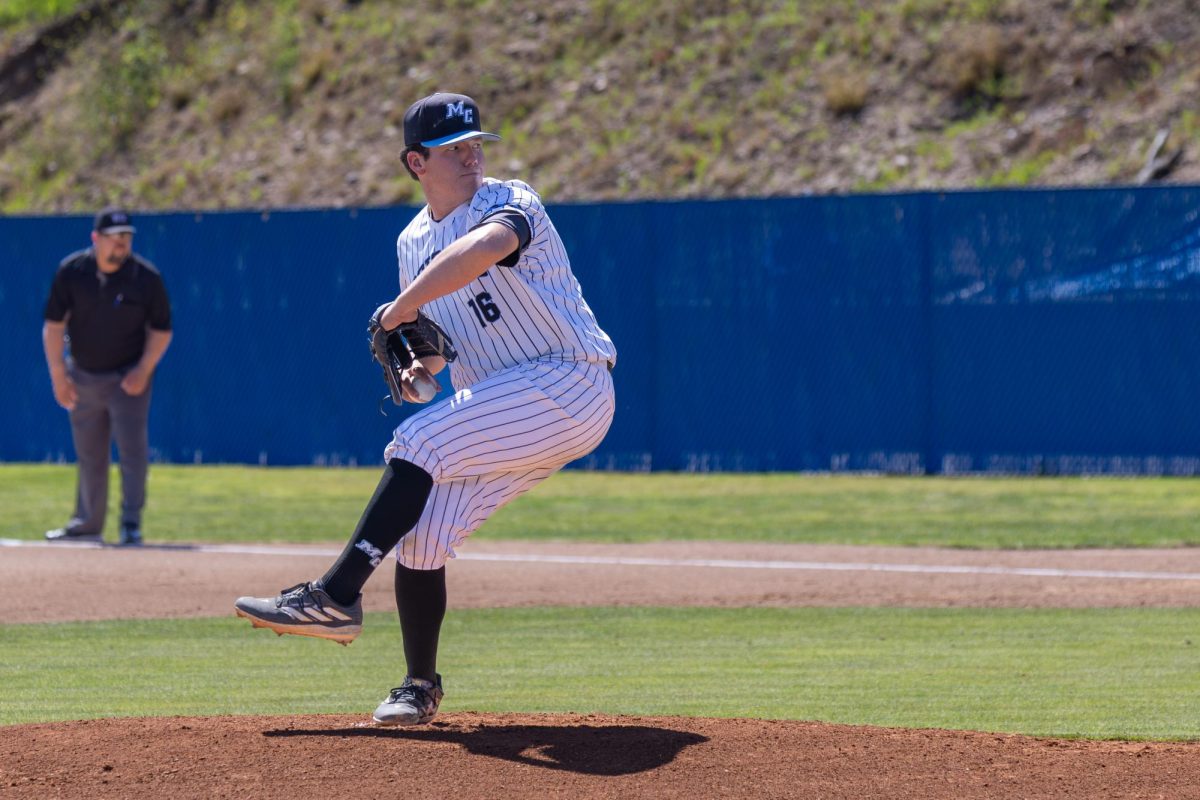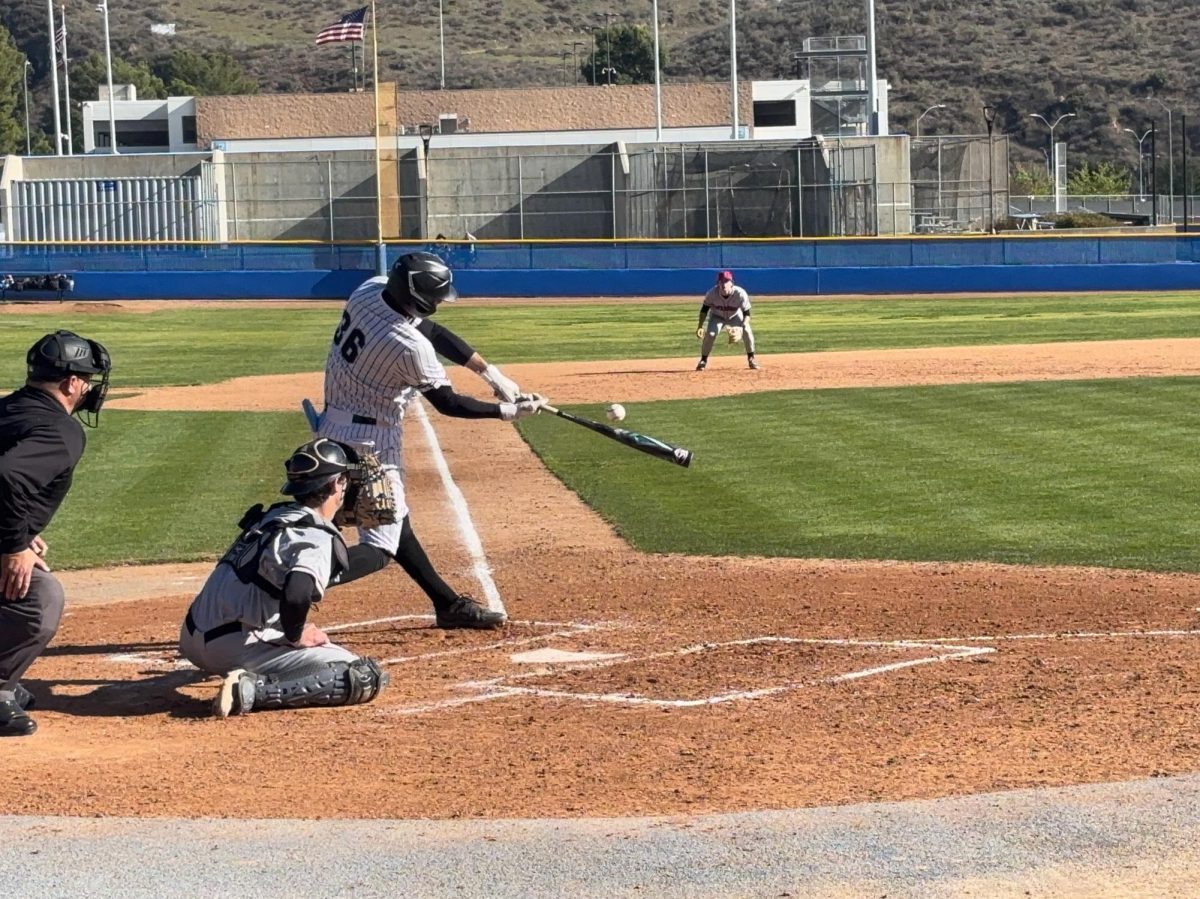Concerned faculty are working to create new havens for the LGBTQ community to gather and interact on campus.
This new initiative, called Safe Zones, will give students of the LGBTQ population places they can feel safe and be themselves in an environment that fosters understanding and acceptance. It will provide special training to those who can and want to help.
Student Health Coordinator Sharon Manakas, R.N, M.S.N., is part of this growing alliance to help.
“Giving students a safe place to be when maybe they’re going through some transitioning is always a good thing,” said Manakas. “I think we are all about student success and trying to help every student.”
Manakas and others involved, including Psychology Professor and Spectrum Club Advisor Sally Ponce-O’Rourke, attended previous training sessions and believed the safe zones were something that should be brought to our campus.
“It’s all activities,” said Manakas. “None of this is a lecture, so everything we do is an activity that creates understanding.”
This new initiative, set to start training sessions next spring, is hosted by allies such as Manakas and Ponce-O’Rourke and other faculty and staff members who are there to offer support.
“Allies need a safe zone because maybe they have a family member or a friend or maybe they’re questioning,” said Ponce-O’Rourke. “So we need to get on as many allies as possible to help support the community or the family.”
Manakas said that the training will be a way to educate faculty and staff on some of the challenges these students face as well as ways to better help support them in the classroom.
Ponce-O’Rourke, who has had a safe zone flyer up for the last 5 or 6 years, said the program will be open to anyone who wants to be involved.
“[It’s] how we find out what they want to be called, their name, the pronouns we use, things like that that can make that learning environment not so uncomfortable for them,” said Manakas.
Spectrum club member and psychology major Alex Flores, 20, believes this will be great for the campus and will create places for people who may not have support at home, and can meet others who are going through the same experiences.
“I think it’ll bring more understanding and it’ll maybe start a conversation for people who’ve never been in contact with homosexual people, transgender people, bi people,” said Flores. “It’ll open up their eyes and allow them to see the world through other people’s eyes.”

